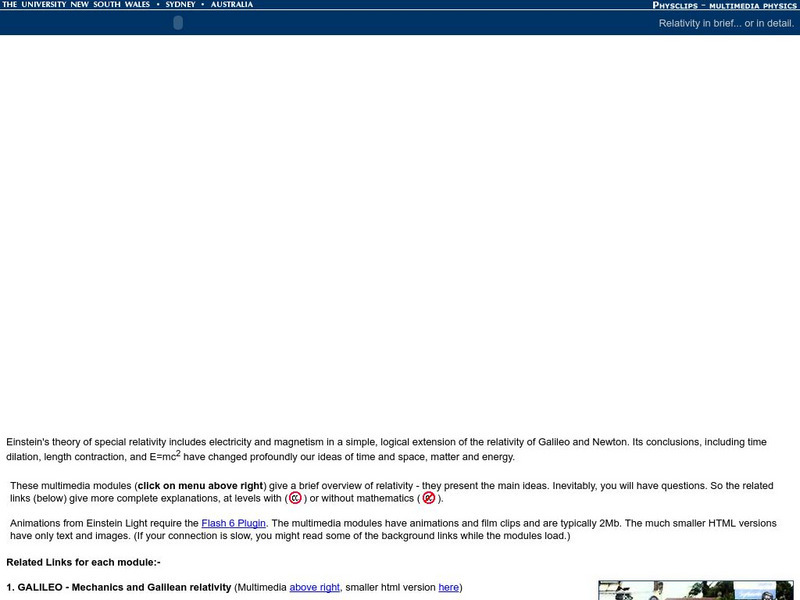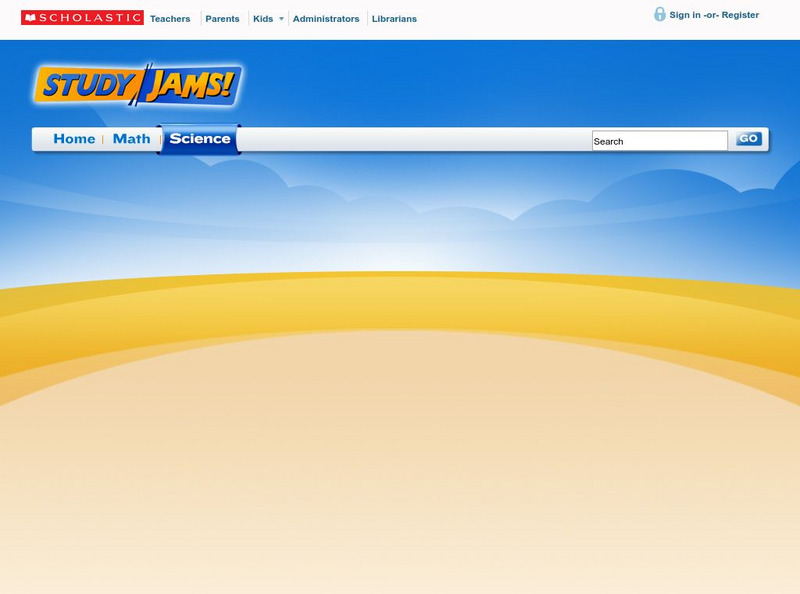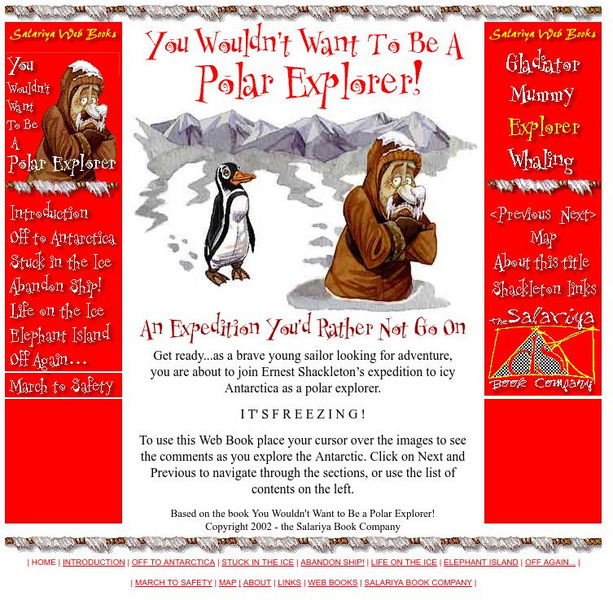University of Wisconsin
The Why Files: Energy at the Earth's Poles
A resource to help understand how the amount of energy at the Earth's poles affects polar conditions.
Alabama Learning Exchange
Alex: The Equator and the Poles
This lesson provides hands-on activities that will teach students about the poles and the equator. Students will be labeling a globe, recreating a globe within the classroom, and researching information on the Internet.
Woods Hole Oceanographic Institution
Polar Discovery: Compare the Poles
A detailed comparison of many aspects of the two polar regions. Includes physical features, seasons, weather, types of ice, plants and animals, human population, and climate change.
Other
Satellite Images Bridge Understanding Gap Between Climate Change and Individuals
This article discusses how Google Earth has brought the reality of climate change to the average person so that they can see it for themselves. The north and south poles are indicators of what is happening with climate change and an...
PBS
Nova: Magnetic Storms: When Compasses Pointed South
Earth's magnetic poles have reversed themselves throughout its long history. Find out what scientists know about these reversals. A geologic time line shows when the reversals occurred.
Other
The North Pole: Christmas Around the World
A look at how world countries celebrate the different traditions of the Christmas season.
ClassFlow
Class Flow: Parts of the Globe
[Free Registration/Login Required] This flipchart explores the vocabulary of studying the parts of the globe: north pole, south pole, equator, longitude, latitude, etc.
Other
Antarctic E Mail Social Studies Lesson
Why would you ever want to go to Antarctica? This lesson plan allows the young scholars to imagine what life would be like at the bottom of the earth. The teacher can then e-mail the South Pole Observatory for answers to their questions.
University of New South Wales (Australia)
University of New South Wales: Einstein Light
Einstein Light highlights the Theory of Special Relativity and related topics. Learn how Galileo, Maxwell, and Einstein contributed to our knowledge of relativity, electricity, magnetism, and time by watching fun, interactive modules.
Scholastic
Scholastic: Study Jams! Science: Energy, Light and Sound: Magnetism
A slideshow and a short multiple-choice quiz on the basic concepts and vocabulary of magnetism.
TED Talks
Ted: Ted Ed: Lee Hotz: Inside an Antarctic Time Machine
In this video, Lee Hotz describes research into greenhouse gas emissions and global climate change taking place at the South Pole in Antarctica. [9:46] Includes a brief quiz and a list of additional resources to explore.
Other
Simple Science: Hole in the Sky
Learners explore images of atmospheric ozone levels over the South Pole. The resource has students determine the months of lowest ozone levels and changes in ozone levels since 1979. The activity has an interactive online version and a...
NOAA
Noaa: Make Your Own Compass [Pdf]
Build a compass to help you figure out which direction is north or south.
Georgia Department of Education
Ga Virtual Learning: Forces on Moving Charges in Magnetic Fields
In this interactive tutorial students will explore magnetic force. Students will observe interactions of magnets and study magnetic fields. The source of magnetic properties is believed to be moving charge. Since moving charge produces...
Science Buddies
Science Buddies: The Strength of an Electromagnet
Has anyone ever told you that you have a magnetic personality? Have you ever heard that opposites attract? These common phrases are both based on the properties of magnets and magnetic electricity. In this science fair project, learn how...
Science Buddies
Science Buddies: Levitating Magnets: Floating Isn't Just for Magicians
If you ever seen a magician float an object in the air, you might think that levitation is just a magic trick, but the truth is you can use an invisible physical force to levitate a magnet. Try this simple, week-long science project to...
Other
Usps: Polar Lights
You and your students are going on an expedition to learn about the polar regions. Explore the glaciers, subglacial rivers, and volcanoes. Get up close and personal with furry, flippered, and feathered friends. Learn how other people...
Other
The Antarctic Sun: News About Antarctica
Latest headline scientific news of theworkbeing done in the Antarctic, and stories of the peopleliving there.
Other
Salariya: You Wouldn't Want to Be a Polar Explorer!
This site talks about the "Expedition you'd rather not go on." Click through this great on-line cartoon book to learn about Shackleton's polar expedition.
Other
Mental Floss: 8 Antarctic Traditions
Every spring in the Antarctica, a new group of workers arrives and stays for a few months. To enliven everyone's stay, some traditions have been put in place. These include a race around the South Pole through all the world's time zones,...
University of Chicago
Cara Virtual Tour: Welcome to Antarctica!
The Center for Astrophysical Research in Antarctica takes you on a tour of New Zealand, McMurdo Station, and the Amundsen-Scott South Pole Research Station, all part of a virtual tour of Antarctica. Lots of pictures and a relaxed style...
Exploratorium
Exploratorium: Global Climate Change: Cryosphere
Examine the effects climate has on the snow and ice covered cryosphere and see live data gathered from the North and South Poles.
Treehut
Suzy's World: Magnetism: Why Does a Compass Point North?
This fact sheet from Suzy's World and Suzy Cato explores how magnetism works, including "why a compass points north." Content includes fun facts, an experiment, and the ability to make your own compass.
TED Talks
Ted: Ted Ed: The Arctic vs. the Antarctic
Camille Seaman describes how enterprising people and organisms have found ways to reside around both poles despite the frigid temperatures. [4:24]
Other popular searches
- North Pole South Pole
- Penguins South Pole
- Emperor Penguins South Pole
- North and South Poles
- 90 South Pole
- South Pole Place Near
- Santa in South Pole
- North Pole, South Pole
- The South Pole
- Emperor Penginns South Pole
- North Ans South Poles
- North South Poles



















